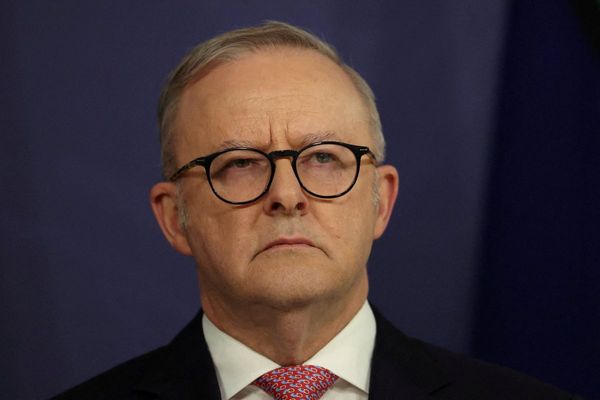
Watching news of Justin Trudeau’s explosive statement about intelligence indicating Indian involvement in the assassination of Hardeep Singh Nijjar did not shock those familiar with India’s security and intelligence operations. Friends and family of Sikh activists regularly express concern about our wellbeing due to a fear of being surveilled by Indian agents, and ultimately being subject to some form of violent reprisal.
The statements made in Canada’s parliament were finally an acknowledgement of the reality that young Sikhs like me have lived through for decades: Sikh dissidents expressing their support for an independent state may face the risk of imminent harm, even in the diaspora.
India’s aggressive response to Sikh activism – and the consistently rocky relationship between India and Canada – is tied to their common colonial legacy under the British. Nearly a century after the fall of the Sikh confederacy and the colonization of Punjab, British administrators drew a line in the sand in 1947, cleaving Punjab in two. Movements to reassert Sikh sovereignty have since taken a variety of forms, including calls to secede from the Indian state and establish an independent Khalistan.
As the conflict evolved into an armed insurgency, the Indian establishment rejected political settlement on self-determination in any form. Instead, security forces proceeded to repress Sikh dissent militarily, using torture, extrajudicial killings and enforced disappearances in a manner that has been well-documented by human rights groups. Hardeep Singh was himself a survivor of this persecution when he left India to come to Canada in 1997.
Since then, the global Sikh diaspora has been a source of considerable dread for Indian officials as the country steadily creeps closer towards officially declaring itself a Hindu rashtra (nation). While portraying itself as a “vishwaguru” on the global stage, the country has been formalizing its institutions of autocratic power domestically. India’s antagonism with members of the Sikh diaspora in particular, stems from the fact that diaspora Sikh activists puncture India’s grand narrative that attempts to obscure intolerance against minorities under the guise of portraying itself as the ancient “mother of democracy”.
In the diplomatic realm, Indian officials have expressed frustration with their inability to forcibly shut down avenues of diasporic Sikh dissent with the same heavy hand used domestically. By conflating any form of Sikh advocacy for Khalistan with “extremism”, Indian officials have often poured their diplomatic resources into pressuring international partners to criminalize Sikh activists on their behalf. A 2018 report by Canada’s parliamentary committee on national security documented the process in which a misleading public narrative was crafted in Canada by elements within Indian intelligence. Using “strategically released” media articles, Indian agents further intensified diplomatic pressure to “clamp down” on Sikh activists in Canada.
Other intelligence operations include the infiltration of Sikh institutions, as well as surveilling and intimidating Sikh activists. This is what leads to the environment of heightened tension and fear that discourages young Sikhs in Canada – and elsewhere – from getting involved politically or voicing their opinions “too loud”. Hardeep Singh’s murder appears to be the reprehensible climax of these activities: the premeditated murder of a Sikh dissident due to his political beliefs. With the suspicion of foul play and calls for an inquest into the death of Avtar Singh Khanda in the UK, this concern is one that is shared around the world.
India’s combative response to the bombshell allegations demonstrate once again that it is not a responsible global actor. It is imperative that the international community responds to this allegation without any shade of ambiguity. Strategic interests in the Indo-Pacific region cannot come at the cost of basic democratic freedoms or granting impunity to an increasingly authoritarian regime responsible for systematic violence against minorities. Economic development, stability, and security in south Asia can only be guaranteed by ensuring meaningful democratic freedoms, basic principles of self-determination and public accountability are at the heart of foreign policy initiatives.
If Canada’s intelligence is proven to be true, the response must unequivocally demonstrate that the international community will not tolerate such a crime: targeting a vulnerable activist who survived persecution and came to Canada because of violence in the very country that appears to have ultimately orchestrated his murder.
Prabjot Singh is a lawyer and founding editor of the Panth-Punjab Project







